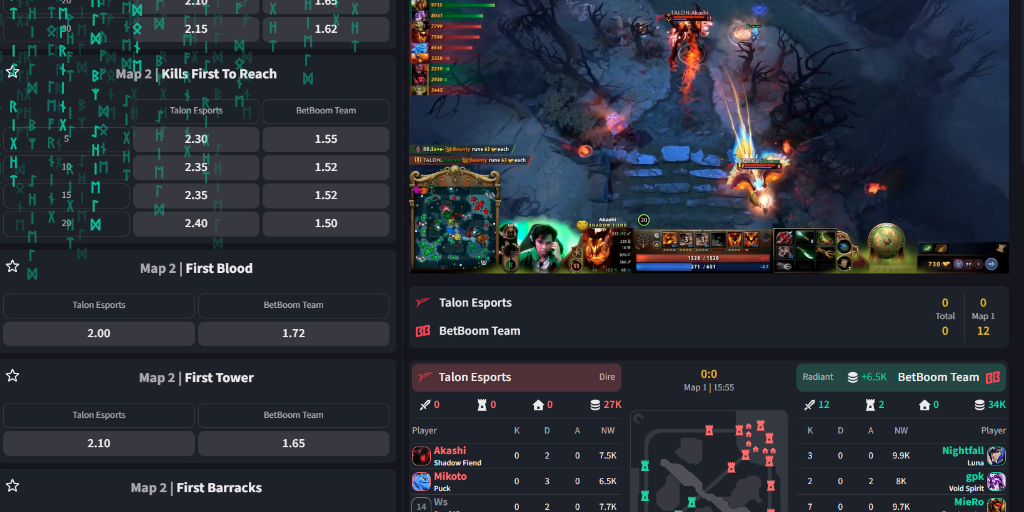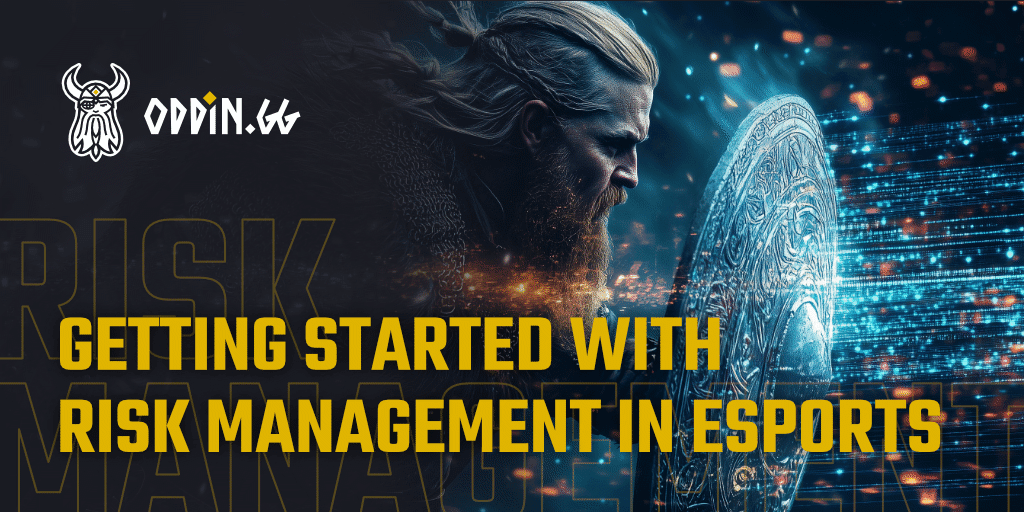
The Hidden Complexity of Esports Betting
Published: 21.08.2025
Esports betting looks deceptively simple from the outside. Many assume it should mirror traditional sports: gather the data, build the odds, and distribute them to bookmakers. But the reality is more complicated. Esports is not football or tennis. It’s a set of constantly evolving digital worlds, each requiring unique expertise, infrastructure, and risk controls. That is why building a profitable esports betting product is one of the toughest tasks in the betting industry today.
Why esports is different from traditional sports
Every sport needs its own models. Football, basketball, and tennis all behave differently, with distinct data patterns, scoring systems, and betting markets. The same is true in esports: Counter-Strike 2, Dota 2, and League of Legends are entirely different titles, each needing its own mathematical models and trading expertise.
The key difference is stability. Traditional sports evolve slowly. The rules of football or basketball may be tweaked occasionally, but the fundamentals stay consistent for decades. Esports doesn’t work that way. Updates can shift the balance of power overnight, changing how matches are played and how bettors respond. What worked yesterday may already be outdated today.
For a betting software provider, this volatility is a constant challenge. Success means building tailored models and maintaining infrastructure that can adapt as quickly as the games do.
Odds feeds: a one-way street
Many providers stop at producing odds feeds. They calculate probabilities and push them out to the market. On paper, this looks like a complete service. In practice, it might leave bookmakers exposed.
But an odds feed is essentially “one-way traffic.” The data goes out, but no information comes back about how bettors are interacting with it. If a patch or gameplay change throws models off, the provider might not notice until weeks later, when monthly performance reports arrive. By that time, the damage is already done. Multiple side markets may have been leaking money without understanding why.
This is why an odds feed alone is not enough. It’s static in a world that changes daily. And in esports, reacting too slowly often means being unprofitable.

The power of real-time risk management
Oddin.gg takes a different approach. We don’t stop at just odds feeds. We provide our partners with sophisticated real-time risk management, turning the process into a two-way feedback loop. Every bet slip is analyzed instantly, providing us with a continuous stream of information about how our models are performing.
That feedback loop allows our traders and data scientists to refine lines immediately as the market shifts. It’s the difference between reacting after losses have accumulated, and preventing them in the first place.
This isn’t just a competitive advantage; it’s what makes long-term profitability possible. Nearly 80% of our total betting volume comes from clients who use our risk management. In short, they don’t just get odds—they get a constantly optimized, adaptive product.
People and technology working together
Behind our systems stands a trading team of more than one hundred specialists. These are esports experts who understand the nuances of the games. They know how a small tweak to a Dota 2 hero can suddenly reshape the competitive “meta,” or how a map redesign in Counter-Strike 2 changes the balance of strategies. That human understanding, combined with advanced models, allows Oddin.gg to adjust more quickly and accurately than any algorithm working in isolation.
It’s this blend of human expertise and technological infrastructure that makes our solution stand apart. An odds feed without risk management leaves the provider blind, while risk management without expert interpretation risks missing context. Oddin.gg combines both.
Why this matters
Esports betting is far harder than it looks. Extracting game data and creating odds for late game stages in titles like Dota 2 or League of Legends is already complex. Sustaining profitability in an ecosystem where the rules can change overnight is even more difficult. Every patch, every game, every tournament introduces new variables that expose blind spots in static models. Without proper risk management, providers and operators can be left guessing where their losses come from.
Oddin.gg has solved these challenges by building the only true end-to-end solution on the market: from raw data processing and proprietary models to in-house trading, real-time risk management, and a complete iFrame product. This infrastructure reflects years of investment and refinement—and it’s not something that can be replicated quickly or cheaply.
In a sector often driven by hype, we focus on stability and long-term profitability. That’s what operators need more—and that’s what makes esports betting work.




